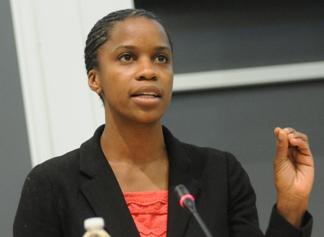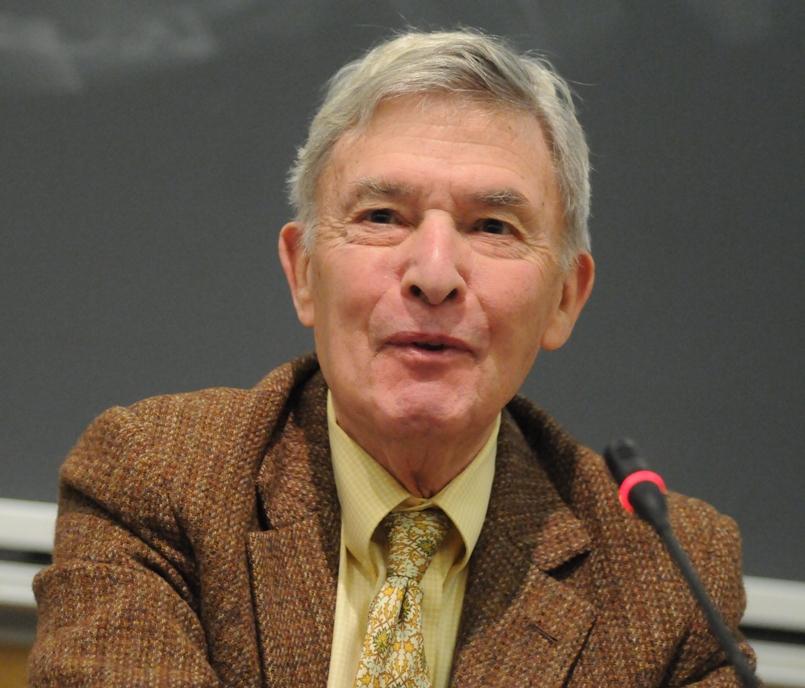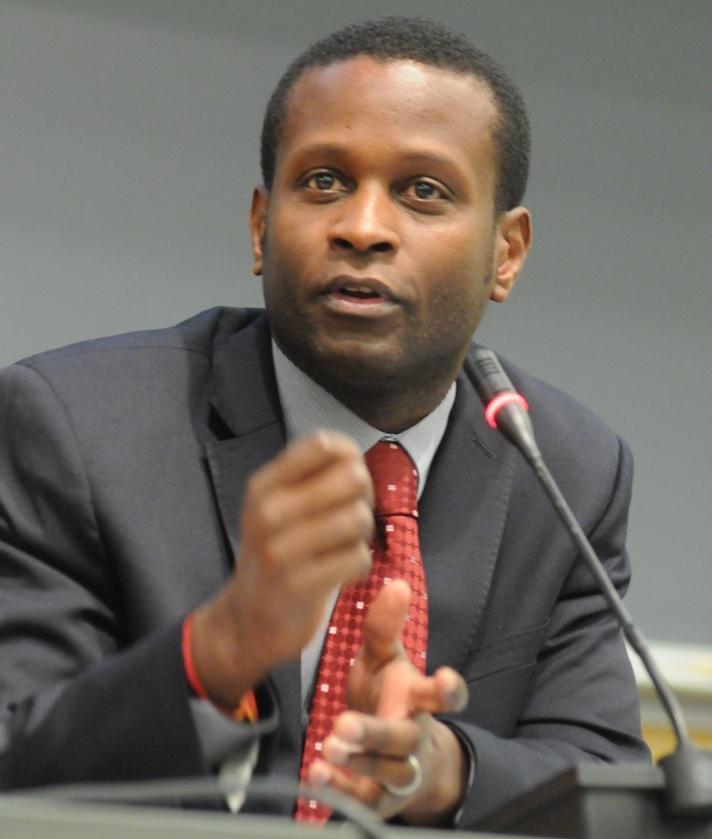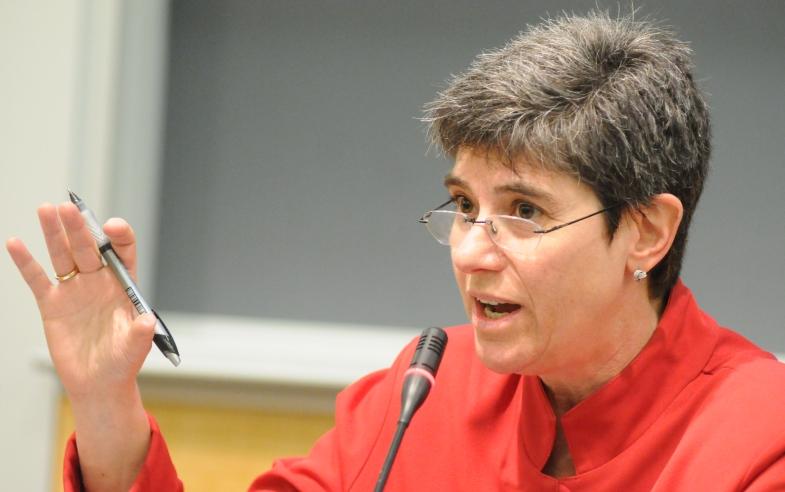Race in America: Legal Scholars Discuss Challenges of Addressing Inequality in America Today
Media Contact: Public Affairs Office, 212-854-2650 [email protected]
New York, Mar. 2, 2011—When then-Sen. Barack Obama won the 2008 Iowa Democratic caucus, many hailed the historic victory as the beginning of a post-racial America, one where an African-American man could win the majority of votes in a largely rural, white state.
However, despite the election of Obama as the first U.S. president of color, a post-racial America has yet to be realized, said four Columbia Law School professors during a recent event organized by the Law School’s Black Law Students Association (BLSA) in celebration of Black History Month.
“Because Black History Month is about both looking back and moving forward, we decided to present this panel discussion on civil rights, focusing on accomplishments of the past as well as challenges that our generation faces today,” said Christopher Watts ’13, an organizer of the event and a representative for the BLSA board.
Moderated by Professor Olatunde Johnson, the panel included civil rights icon Jack Greenberg ’48, the Alphonse Fletcher, Jr. Professor of Law, Professor Jamal Greene, and Susan P. Sturm, the George M. Jaffin Professor of Law and Social Responsibility.
(pictured left to right: Professors Johnson, Greenberg, Greene and Sturm)
The professors shared their views on the lingering inequalities that persist in the U.S., and new strategies they believe could be employed to resolve problems that still plague minorities in the areas of education, housing, and incarceration.
Addressing a question from the audience, Johnson, whose essay “Stimulus and Civil Rights” was recently published in Columbia Law Review, discussed race and incarceration in America. “Mass incarceration poses the biggest problem to our democracy. It is fundamentally stark and we cannot progress if we don’t deal with that,” she said.
Reflecting on the past and recognizing the achievements of the civil rights movement, Greenberg, who argued Brown v. Board of Education as co-counsel with Thurgood Marshall before the U.S. Supreme Court, compared the racial makeup of his own Law School class—which had one black person, a woman from The Bahamas—the highly diverse group of students at the event.
Greenberg said despite these positive changes, there are still huge inequalities in race, class, gender, ethnicity, and other areas. “Green always follows white,” said Greenberg, referring to financial inequities that still exist throughout the U.S.
Acknowledging a need for a new language with which to articulate problems of inequality in the 21st century, the panel offered a variety of strategies.
Sturm, the founding co-director of the Center for Institutional and Social Change, said the first step in addressing inequality is creating a “theory of change” in order to identify who needs help and how help can be given.
In order to tackle inequality, Greene, an expert on constitutional law, said it is important to emphasize the commonality among marginalized people generally as members of a civil society. “In order to include people,” he said, “you need to recognize who they are.”
###
Columbia Law School, founded in 1858, stands at the forefront of legal education and of the law in a global society. Columbia Law School joins its traditional strengths in international and comparative law, constitutional law, administrative law, business law and human rights law with pioneering work in the areas of intellectual property, digital technology, sexuality and gender, criminal, national security, and environmental law.
Visit us at http://law.columbia.edu
Follow us on Twitter http://www.twitter.com/columbialaw



